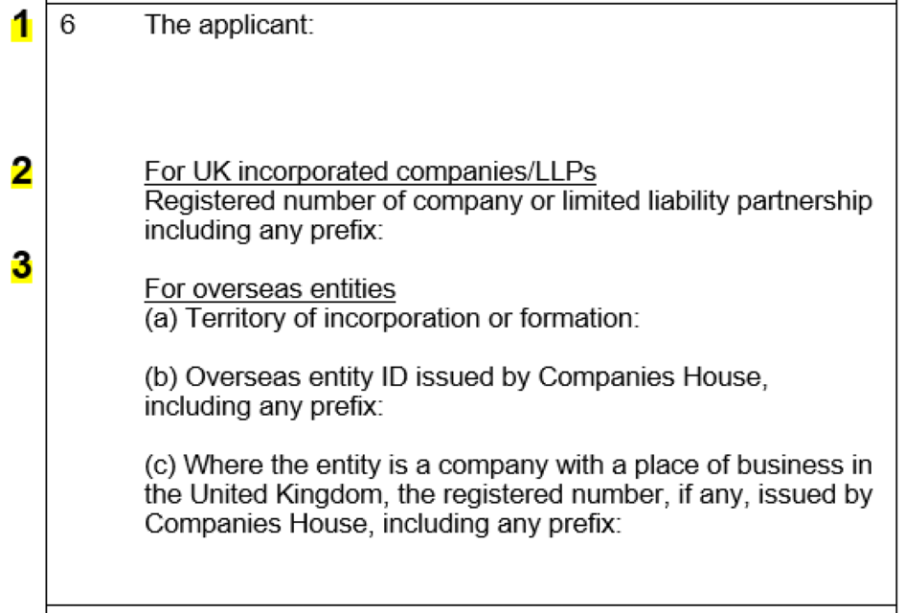Understanding Companies House Identity Verification

Introduction
In an age where protecting personal and business information is paramount, identity verification has emerged as a critical component for organisations operating in the UK. Companies House, the government agency responsible for maintaining the register of companies, has introduced rigorous identity verification processes to enhance security and maintain the integrity of its database. This article explores the importance of Companies House identity verification and how it impacts businesses.
The Importance of Identity Verification
Identity verification is essential for various reasons. First and foremost, it helps combat fraud and identity theft, which have seen a significant rise in recent years. Businesses are required to verify their identities to ensure that the individuals filing documents are indeed who they claim to be, thus safeguarding the interests of the company and its stakeholders. Additionally, compliance with legal requirements is necessary to avoid penalties and ensure smooth operations.
Recent Developments in Verification Procedures
As of 2023, Companies House has implemented revised verification processes, strongly encouraging all companies to register with the updated guidelines. New startup companies and existing businesses alike must undergo identity verification as part of their registration and filing obligations. This measure has gained significant traction since its introduction, with over 80% of new entities reportedly completing identity checks prior to registration.
Methods of Verification
Companies House offers multiple methods for identity verification to accommodate the diverse needs of businesses. Electronic verification is the most favoured approach, enabling firms to validate identities using online systems. This method generally requires proof of identity documents such as passports or driving licences, along with confirmation from one or more reliable data sources, like banks or credit agencies.
Impact on Businesses
The changes introduced by Companies House have profound implications for businesses. While the verification process may initially seem cumbersome, it ultimately strengthens the authenticity of business registrations and enhances trust within the marketplace. Businesses that consistently adhere to identity verification requirements are likely to see increased credibility, which can positively influence investor relations and customer trust.
Conclusion
In conclusion, Companies House identity verification is an essential process that underpins the stability and security of the UK’s business environment. As fraud continues to evolve, so too do the strategies employed to combat it. Businesses should prioritise adherence to identity verification measures to ensure compliance with legal requirements while protecting their integrity. Looking ahead, further enhancements in verification technology are expected, reflecting the ongoing commitment to ensuring that the business landscape in the UK remains trustworthy and secure.








